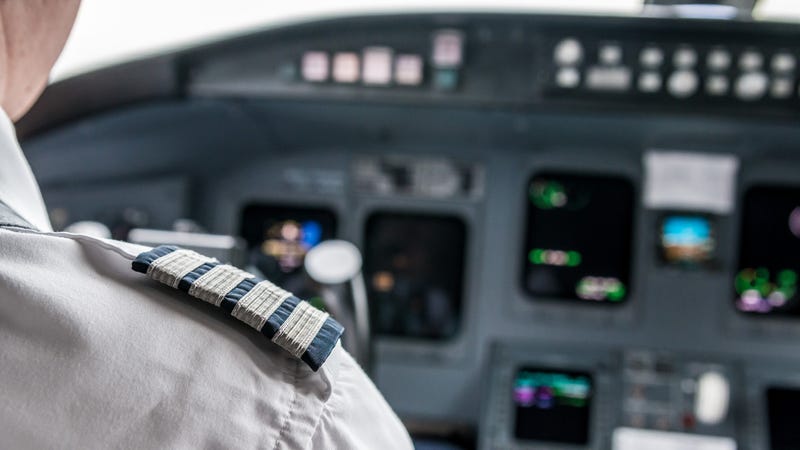
Over 600 students in the aviation program have their eyes set on the sky at Minnesota State University Mankato.
Their aviation program, which is the only four-year accredited aviation program in Minnesota, is working past a couple of turbulent years brought on by the Covid-19 pandemic.
"When the pandemic hit, it happened over spring break for us," said Tom Peterson, Aviation program Chair. "We didn't come back from spring break. We all had to go online and teach online. It was a tough transition for a lot of people."
Despite a tough transition, numbers remained strong and the program lost very few freshman during that stretch. However, despite the strong numbers and strong freshmen classes, Peterson says he believes the program was not as strong as it could have been.
"I don't think the experience was as good as it could have been," he said. "The flying went on, but it was very different in terms of how we did things. There was definitely a lack of professionalism that we put into the whole things."
Students and instructors have since returned to the classroom. Peterson says there's a noticeable difference, whether it's from students learning more, or improved professionalism.
The aviation program at Minnesota State University Mankato is prepping pilots for jobs that are high-demand. U.S. airlines are collectively trying to hire 12,000 pilots in 2022 as a record number of pilots took early retirement during the pandemic.
"15 years ago it was hard to get an interview with an airline and today, we have three regional airlines along with Delta and Sun Country who come to our campus and interview our students before they graduate and offer conditional job offers," added Peterson.
While Federal Aviation Administration training standards have not changed, Peterson says there has been a shift when it comes to hiring.
Airlines like Delta, Southwest, United and American Airlines no longer pilots to hold four-year degrees. However, that may not have as big of an impact when it comes to hiring in the future.
"The airlines can say that a degree is not required, but they're still going to look at that educated person before a high school graduate or someone who just went flying. We tell our students they're always going to better with that four-year degree. Some of the freight carriers like FedEx and UPS want that four year degree because it comes with fewer training issues."
Some hopeful pilots may actually get hired today, when they wouldn't have been hired by an airline in the past.
"In the past, airlines have always been very, very picky because they could be. They had more applications than they had spots for," he said. "There might be something in their record, there may be something in their interview, or there may be something that wouldn't have gotten them hired in the past. Now I think they give them a try."
Like many airlines, Minneapolis based Sun Country Airlines has experienced delays due to crew availability including crews timing out when there are delays as a result of mechanicals or weather.
"We are hiring pilots (about 20 a month) and filling our onboarding classes. Once hired, they need to go through training and so we are working on getting them through the training pipeline to get them into service as soon as we can," wrote a Sun Country spokesperson on Monday. "Our Sun Country pilots along with all of our team members are working hard to meet this unprecedented demand for travel from the public."
The mandatory retirement age has also become a question when it comes to the mass exodus of pilots. Pilots must retire by age 65, which changed from 60 in 2007.
Peterson says there's both good and bad when it comes to possibly raising the mandatory retirement age.
"Most people are still pretty capable at 65," he said. "The issue comes and I saw this when they moved it from 60 to 65. You have people that really need to stop flying, but it's like an older parent and you want to take away the keys to the car. Well who does that how are you going to do that? The same thing happens in the airline world."

Peterson has 34 years of flying experience, including 20 years with the Air Force and 14 with the airlines. He admits that flying never crossed his mind when he was growing up and in high school.
Now, Peterson says, it's important to let young people know that flying is an obtainable career, even if it might seem costly and out of reach.
"95 percent of our students or more go through the program on financial aid," he said. "You see people who can do this and when they get into the airline world, they're able to pay that debt off pretty quickly. There is a way to do this."

